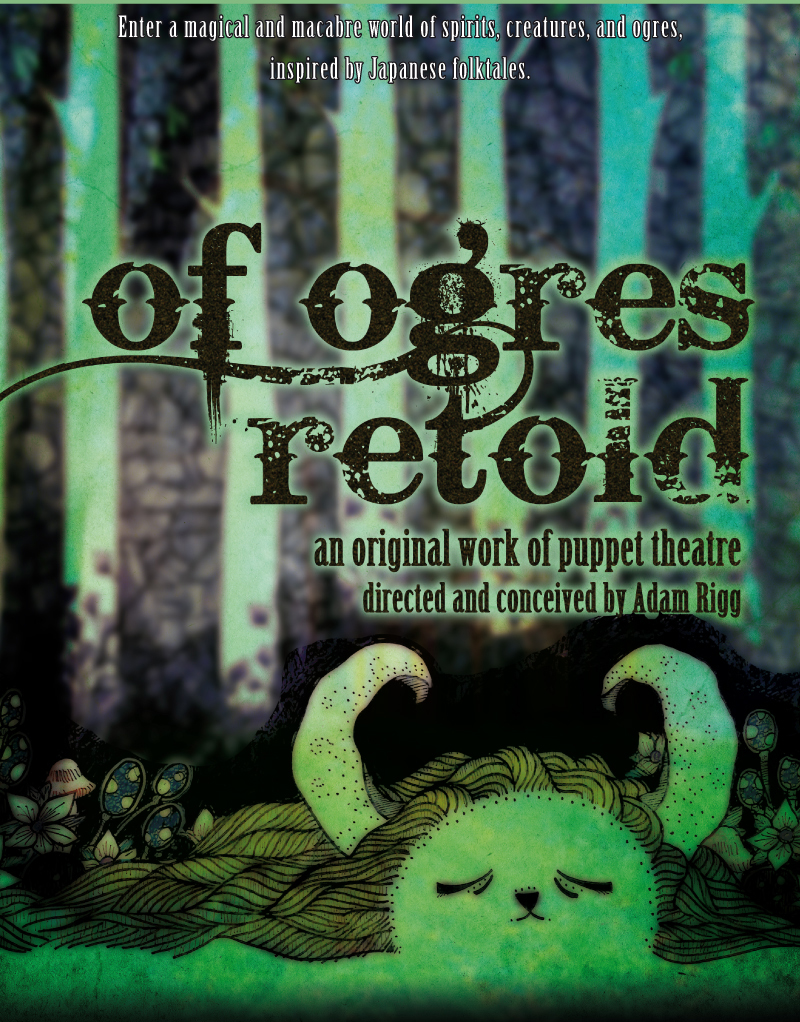Advertised as an “urban legend,” while noting that most urban legends take place somewhere rural, Laura Schellhardt’s The K of D, the first of the three plays currently playing in repertory at The Yale Summer Cabaret, regales us with a tale told by an unnamed local of the town of St. Mary’s in western Ohio, near Indiana. It’s the kind of out-of-the-way setting that has long inspired tellers of supernatural, or at least creepy, occurrences, and the story draws us in by means of that familiar association. The kids, known as “The Pack,” who hang out on the dock of a man-made lake, and amuse themselves with comments about the neighborhood, are also familiar types. As the narrator says, each has a role: there’s the mouthy leader, who is the oldest and brawniest if far from brainiest; the nerdy son of a cop who writes everything down; the wise-beyond-her-years girl who specializes in snarky sarcasm and bubblegum cigarettes (later traded for Pall Malls); the giddy airhead; the quiet one (the narrator), and so on. Then there are the two kids—the McGraws—that the story is really about.
Twins, Jamie and Skinny Charlotte McGraw communicate via a private language of whistles and clicks, and seem harmless if odd until Jamie meets his untimely death—witnessed by The Pack—while trying to jump a road’s white line on his skateboard. He is run over by the local sociopath, Johnny Whistler, and before he dies he bestows a kiss on Charlotte. Quisp, the leader of The Pack, hazards that seeing that kiss “may have scarred me for life.” When mice and rabbits start turning up dead but otherwise unharmed, The Pack conjectures that Charlotte received “the K of D” (or kiss of death) from her brother.
The play then focuses on the efforts by The Pack to take some kind of revenge on Johnny, who easily intimidates the entire neighborhood, especially his neighbors—the McGraws. This couple, not exactly in mourning over their dead son, could easily be the subject of some dark gossip in their own right. An early story about Mr. McGraw chopping down a branch his son was clinging to inspires some expectations on that score, but they later become figures of fun, primarily, with Mrs. McGraw fretting constantly about whether or not she will be “teacher of the year” at the local school.
The most fascinating thing about the play is that the entire cast of 17 characters is enacted by one person. Monique Barbee gives a wonderfully lively and engaging performance as literally everyone. The quick associative sketches that bring a character to life—a manner of speaking, of body language, of voice—are nimbly employed to give us an immediate purchase on each person. If the characters are a bit too easy to conjure, that’s Schellhardt’s intention. Barbee allows us to see the characters as deliberate caricatures on the part of the narrator, and that helps to sell us on The Pack’s telltale mannerisms.
Barbee and director Tanya Dean (co-artistic director of the Summer Cab this year) establish a consistency for the kids that lets us recognize them at once—the voices for Quisp and Hoffman, the cop’s son, are particularly comic. Where things get a little thin is with the McGraws. I’m not convinced that Schellhardt herself knows exactly who these people are, and so there seems too much latitude in how we should read them. Mr. McGraw, in particular, goes from being very unsympathetic to somewhat sympathetic, and a bit more seems required to make that transition work.
Barbee is especially good as Johnny, adopting a truly threatening evenness of tone and a dead expression that immediately suggests the kind of guy who takes pleasure in making people uncomfortable. We don’t doubt that he’s also probably rather attractive, at least in his own mind. But the best part of Barbee’s performance, and the reason why she is perfect for the play, is her version of the main role—the storyteller who insists that an urban legend is never about the teller. Barbee has a way of maintaining a look that knows more than she says, and it’s that “cat that ate the canary” expression that keeps us riveted by the storyteller—for we want very much to know what she knows. As The Pack’s “wild card,” the storyteller’s role in what happens remains to be determined.
The set is a realistic and rough-hewn dock set in the midst of clutter found in an attic or Old Curiosity Shop, giving us the sense of a story taking shape for us out of a background of the random stuff of our lives. Lighting, by Solomon Weisbard, helped to keep the visuals varied, but seemed at times a little out of phase, as Barbee’s face, which is where this entire tale is taking place, gets awkwardly shadowed a few times. The use of sound, in Matt Otto’s design, is an effective aid to the tale—giving us screeching tires, the thudding whir of a heron that may be Jamie’s spirit returned, the clicks and whistles of the private language, and at times, very eerily, the disembodied laughter of children.
The Summer Cab’s theme this year is storytelling, and with this fascinating raconteur they have established the power of spinning yarns. Whatever meaning you finally find in this tale of dysfunction, death, revenge, and juicy gossip, one thing is certain: you will hang on the storyteller’s every word and gesture. And Monique Barbee makes that experience very rewarding indeed.
Yale Summer Cabaret
50 Nights: A Festival of Stories
June 20-August 19 at The Yale Cabaret
The K of D: An Urban Legend By Laura Schellhardt Directed by Tanya Dean Cast: Monique Barbee
July 7th: 2 pm; 14th: 1 pm; 18th: 8 pm; 20th: 8 pm; 26th: 8 pm; 28th: 8 pm; 29th: 8 pm August 4th: 8 pm; 10th: 8 pm; 11th: 1 pm; 16th: 8 pm; 17th: 8 pm




